Jeremy Cherfas of Bioversity International reviews the recently published article "Ecosystem services research in Latin America: The state of the art" in Ecosystem Services.
In a massive review of more than 1000 research papers on ecosystem services in Latin America – justifiably subtitling itself “the state of the art” – it is clear that across nine countries and Puerto Rico, the subject is booming. Despite geographical differences across Latin America, Patricia Balvanera and 26 colleagues identify some common threads.
The most common topic seems to be the supply of ecosystem services and links to policy. Carbon and water feature prominently, with less emphasis on factors specific to agriculture and food security, such as pollinators or the management of pests and diseases. But while the review does a great job of identifying remaining problems, and the need for research to address them, it is, perhaps, downplaying a more fundamental concern: ecosystem services has been hijacked by -- depending on whom you ask -- economists or conservationists. Until we restore some balance it may not be the ideal language for conversations about conservation.
This is certainly the conclusion I draw from the results of a 2010 survey on how people perceive “ecosystem services.” I’m not going to duplicate the detailed analysis by Morgan Robertson on his blog Wetlandia because the take-home message is starkly clear. Voters in the US overwhelmingly agree that nature provides important benefits and that calculations about these benefits are important in making decisions. But they hate the term “ecosystem services.” Out of 16 ways to describe the benefits of nature, “ecosystem services” came in at number 13, and “natural capital” at number 15. Number 1? “Nature’s value.”
Farmer in Pakistan
Photo Credit: IWMI
Payments for Ecosystem Services
And yet, as Balvanera and her colleagues demonstrate, a large proportion of the research they found is about Payments for Ecosystem Services (PES), which is both a common policy response and a favoured topic for research. This, as I see it, is the core of the problem. Economists are the ultimate Wildean cynics, knowing “the price of everything and the value of nothing.” Ordinary people, on the other hand, are content to know that they value something, especially something as “intangible” as nature, without having to put a price on it.
Ecosystem services, however, is not just about a competition for public admiration. It is the interdisciplinary study of how nature contributes to human well-being. At its core, ecosystem services recognizes nature as the global life-support system, and as such is a fundamental concern for the CGIAR Research Program on Water, Land and Ecosystems (WLE). Fabrice DeClerck, an author of the review and leader of the Ecosystem Services and Resilience (ESS&R) working group of WLE, agrees that PES can be a useful tool. But there is more to it than that.
“This isn’t just about economic value,” DeClerck points out. “It is about people benefiting from nature in many different ways. We need to highlight that.”
Incorporating stakeholders
One focus of ESS&R research will be to develop processes that give different stakeholders a say in how activities are designed and assessed. The review recognizes this need: “Different stakeholders ranging from indigenous rural populations and mestizo slum dwellers to large agricultural, industrial and financial corporations depend on ecosystems in different ways.” The review goes on to say that “explicitly incorporating the needs of all the different stakeholders into decision-making remains a challenge. This is in part because very little is known about the wide variety of perspectives and how the large power inequities are hindering such integration.”
One of the challenges, DeClerck says, will be to refocus the discussion, from economics versus environment to how ecosystem services can improve the lives of the poor. “This might entail local changes such as increasing the delivery and resilience of support services for agriculture, like pollination and pest control. Or it might involve large-scale services such as managing water.” This kind of refocusing will be critical to meeting global development and conservation goals.
Balancing tradeoffs
Balvanera and her colleagues say that one of the major elements missing from the research they reviewed is trade-offs. Making use of natural resources inevitably requires balancing one set of needs against another. In Argentina, converting land for agriculture (a provisioning service) resulted, for example, in more floods (a regulating service), and the trade-offs were different in different ecological zones. Short-term gains, for example in food security, need to be balanced against long-term losses, for example in the biodiversity that underpins future breeding efforts.
And trade-offs in time and space –benefits delivered far in the future or a long way away from the activities that underwrite them – have barely begun to be understood. One of the ways WLE will move forward is to undertake scenario analysis and build decision-making models. Such models will allow policy-makers and stakeholders to “play with the data.” That may help them to choose more equitable solutions among alternative courses for development.
“There is a real need for more research into ecosystem services,” says DeClerck, “which is about what people get from nature and how people are themselves central to considerations of ecosystem services. It needs a multifunctional approach, rather than a singular focus on production, which is often the economic view.”
The risk of allowing the strictly economic view of ecosystem services to strengthen its grip on the policy-making mindset is that it threatens to ignore perhaps the most important trade-off of all: money vs nature. The review points out that Bolivia, Ecuador and Venezuela, for example, are against putting a price on nature, often for ideological reasons that vary from country to country. This, perhaps, is also what those US survey results are telling us.



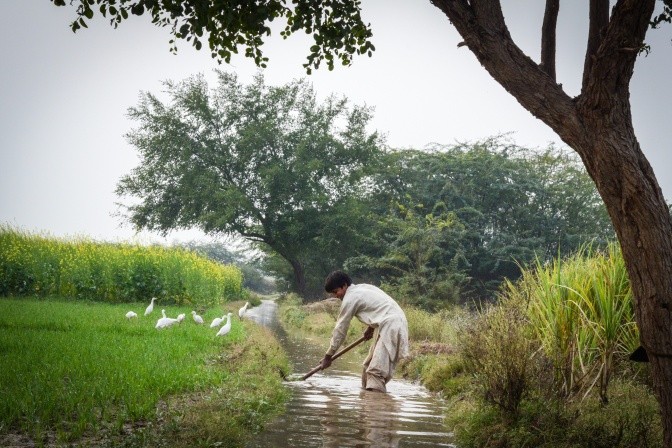
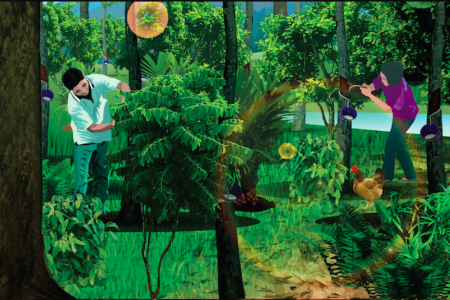

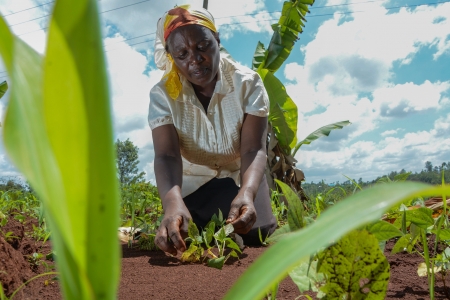





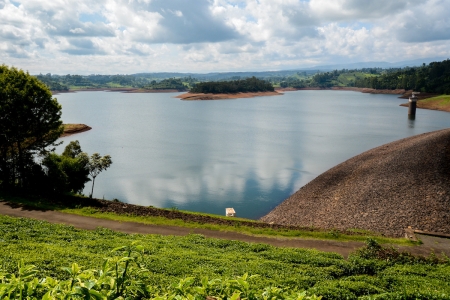
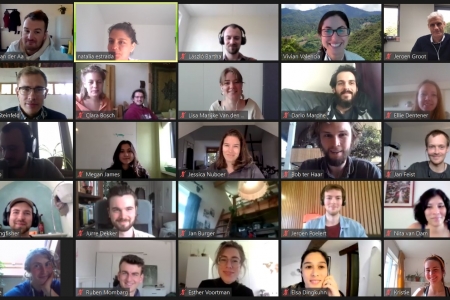





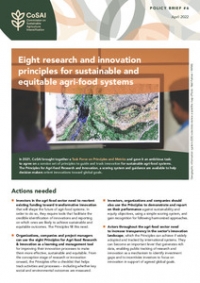
Comments
Very Nice! Jeremy, What motivated you to call this blog "How much is that ecosystem in the window?", not that the title does not go with the content, I am just wondering. Nice work Jeremy.
Jeremy,
Love the title! Morgan Roberson's blog piece was brilliant and anyone interested in this topic would do well to read it. Well done on the 'massive review'. Reviews like this have the potential to be hugely useful. I say potential because the potentially hugely useful Comprehensive Assessment has been quietly gathering dust ever since it was completed. I do hope your review is more influential.
Thanks Terry; title came from blog editors mostly, so kudos to them.
Just to make it clear -- I had no part in the massive review. Fabrice DeClerck was one of 27 colleagues who undertook the review.